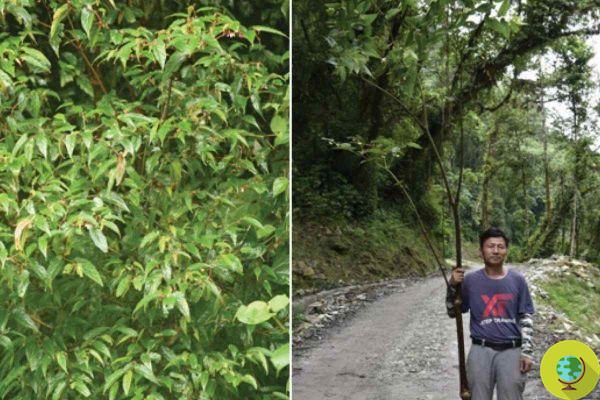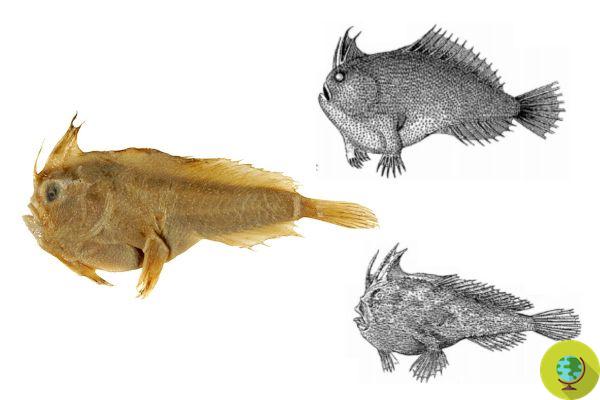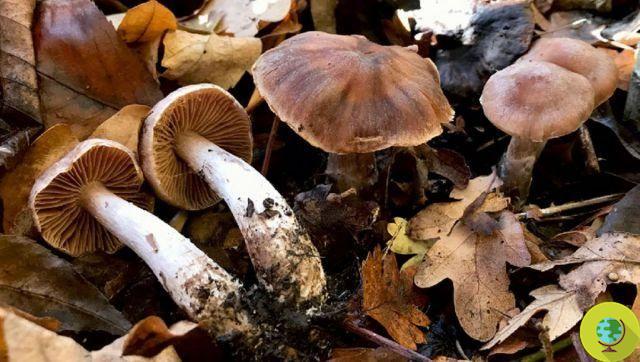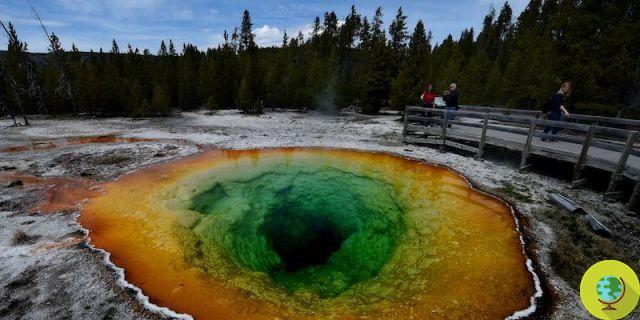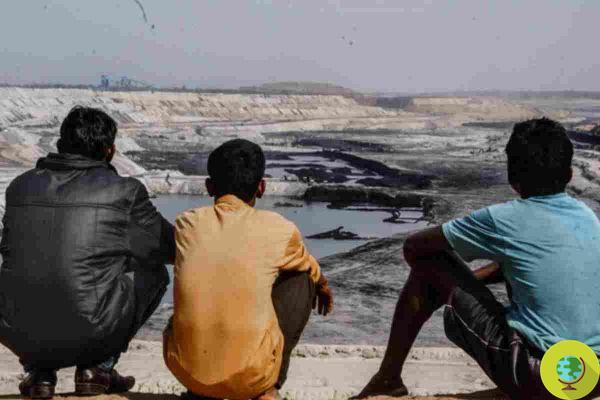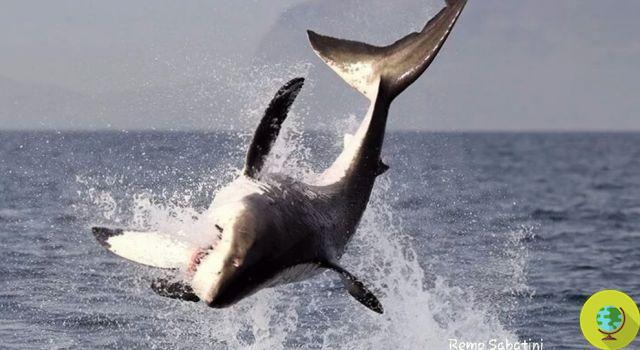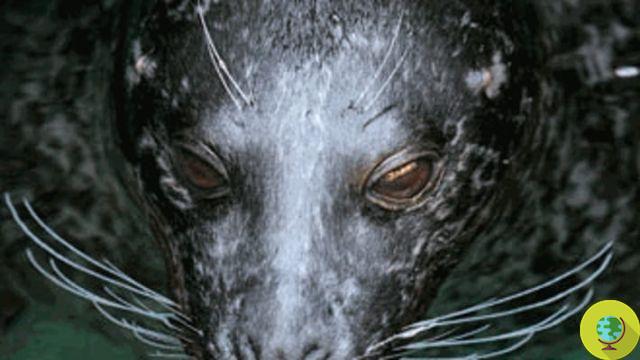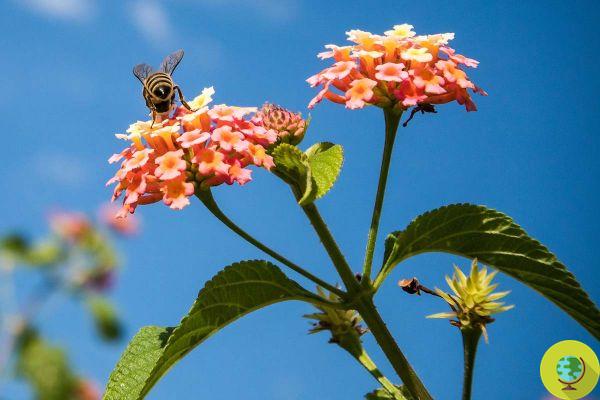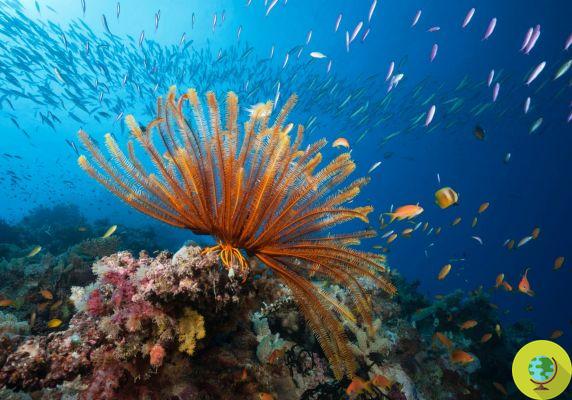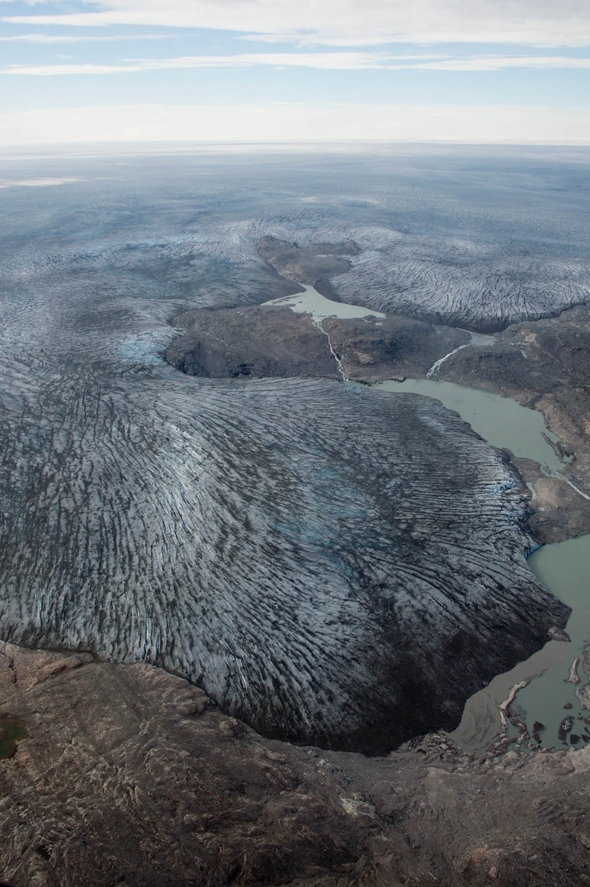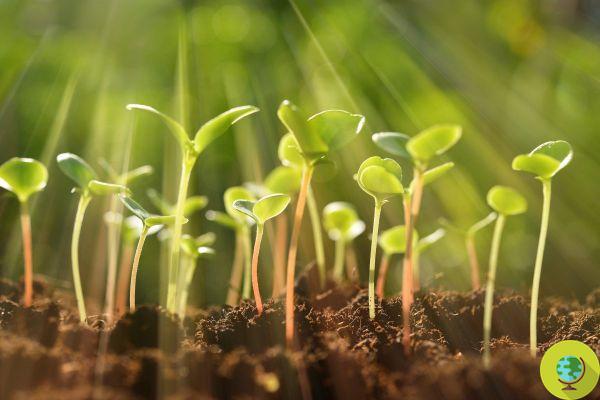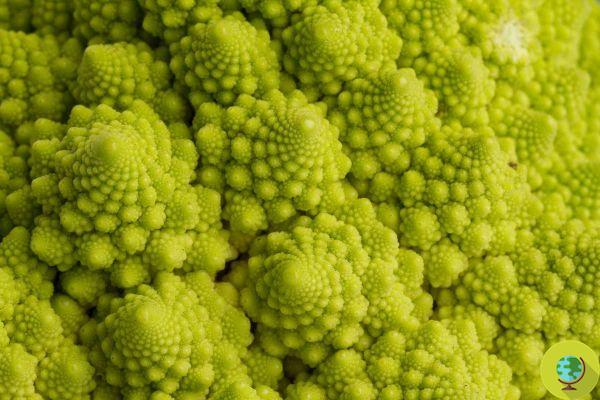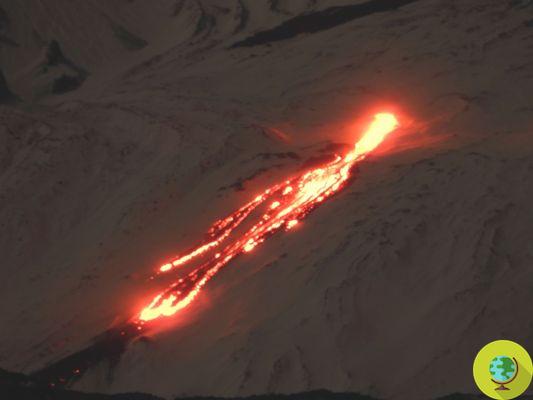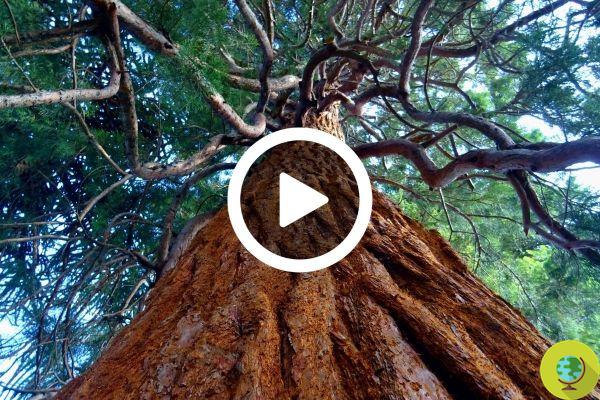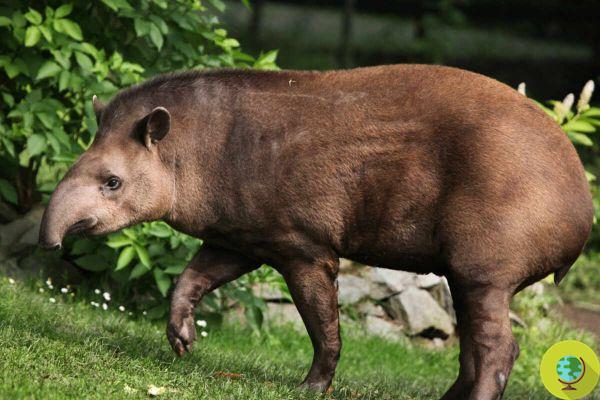The global increase in temperatures seems to have caused a reduction in the size of plants and animals over the years
He is about to end up run over, his mother saves himPets e plants smaller and smaller, and once again the fault lies with the gods climate changes. The global increase in temperatures would in fact already be bearing its harmful fruits, causing one decrease in the size of the world's flora and fauna. The complaint started from Jennifer Sheridan of the University of Alabama in Tuscaloosa e David Bickford of the National University of Singapore.
In an article published yesterday on Nature and taken fromHuffington Post, the two scholars have in fact underlined how some plants and some animals have already answered the global warming. A bit like what happens to our favorite wool sweater when, by mistake, we put it in hot water, the poor animals shrink due to the increase in temperatures. But there is little to laugh about. Some species including spiders, cockroaches, bees, ants and cicadas seem to be paying dearly for this situation, connected to the growing water scarcity.
Analyzing the size of flora and fauna, starting with fossil remains, scholars have noted that the fruits decrease from 3 to 17% for each additional degree Celsius. Animals, or more precisely marine invertebrates and salamanders, on the other hand, have reduced their size from 0,5 to 4%, while fish have lost up to 22% of their overall size. Looking at other studies, the two experts noted that 38 of the 85 animal and plant species analyzed showed a documented reduction over the decades. Among them is also a type of Scottish sheep, whose size decreased by 5 percent by 1985.
In short, in the last 65 million years, various organisms ranging from diatomaceous to ground squirrels yes they are gradually "resized”As the Earth warmed. The consequences are easy to understand: first of all the loss of the biodiversity, up to affect the food safety.
For organisms a cold blood, in which temperatures are intrinsically linked to the surrounding environment, rising temperatures could cause a higher metabolic rate. Furthermore, according to Sheridan and Bickford, the reduction in size will be more evident in areas where global warming causes a reduction in rainfall. Tropical trees, toads and mammals are known to grow more slowly in drought conditions.
"The more we are able to predict and prepare for these changes, the better we will be able to mitigate their effects," argue the two scholars.
Thinking about it before it's too late is the only thing to keep in mind.
Francesca Mancuso





